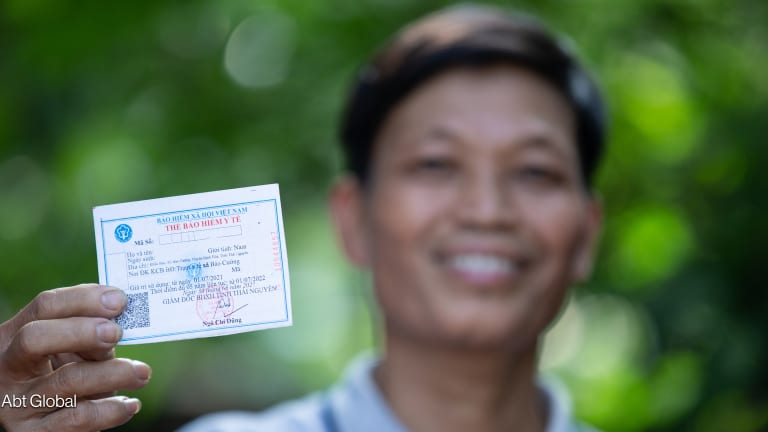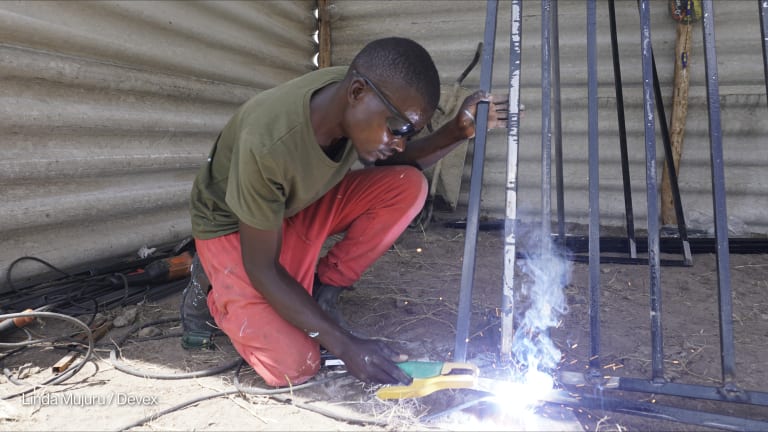The formation of Zimbabwe’s inclusive government in 2009 — the result of a power-sharing deal between two of the country’s top political parties — ushered in hopes for a new kind of leadership in a country that has been ruled by President Robert Mugabe’s Zanu-PF party for more than 30 years. But the country is still in the throes of a fragile transition, and political wrangling has not stopped, as evidenced by high profile disagreements between Zanu-PF and Prime Minister Morgan Tsvangirai’s party, Movement for Democratic Change.
Because of the tenuous political situation — and despite efforts by the foreign aid community and government to restore economic stability — living conditions in Zimbabwe remain dire. Based on estimates by the World Health Organization and the Joint U.N. Program on HIV/AIDS, or UNAIDS, 67 out of 1,000 children die before age 5 and 1.2 million, or 10 percent of Zimbabwe’s population, are living with HIV and AIDS.
Nonetheless, the country has made some strides in development. In the U.N. Development Program’s 2013 Human Development Index 2013, Zimbabwe ranks 172 out of 186 countries, a significant achievement considering it placed last (169) in 2010.
This story is forDevex Promembers
Unlock this story now with a 15-day free trial of Devex Pro.
With a Devex Pro subscription you'll get access to deeper analysis and exclusive insights from our reporters and analysts.
Start my free trialRequest a group subscription







